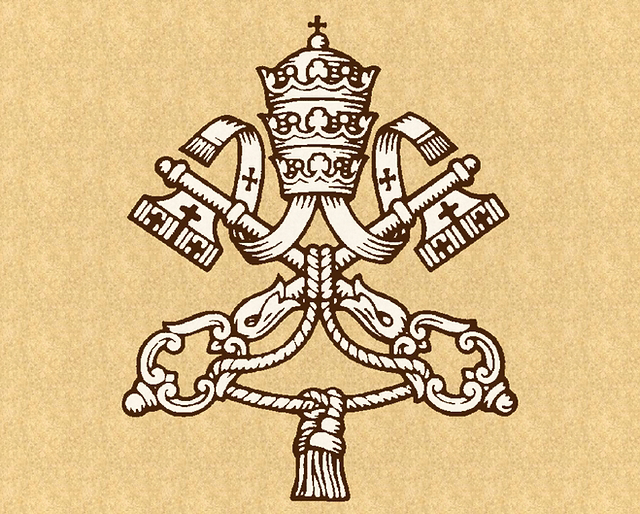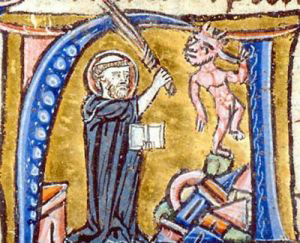Willing to Change by Listening
I have recently been listening to talks by Dr. Gavin Ortland. He is a Baptist pastor out of California and is one of a few very active protestant intellectuals on YouTube -- and particularly, he comports himself in an incredibly irenic way. He has given me a lot of food for thought. I am a committed (and convicted) Catholic, and I have had many extensive conversations with Protestant friends, coworkers, and mentors.
One of the first people to witness true faith to me was the leader of my small group in high school, who was/is a very committed and on-fire protestant. We would have many conversations over the years about the differences between protestants and Catholics, but he was not as steeped in history as I would have found helpful at the time (and now).
Dr. Ortland has his doctorate in Historical Theology, which as far as I am aware, is only a degree offered at protestant universities. I had never heard of a "Historical Theology" degree until recently, and it has only been protestants whom I have seen that have such a degree. I am not trying to down-play his education at all. He has proven to me, on more than one occasion, that he knows what he is talking about.
Anyway, in one of Dr. Ortland's recent videos, he stressed a quote that has stuck with me -- and encompasses the main thrust of what I have learned from him so far: true listening when in ecumenical/apologetical dialogue. The quote reads,
"You're not really listening unless you are willing to be changed by what you hear."
This idea has penetrated my soul. It convicted me. How many times have I talked to Protestants (in particular) and am not willing to be changed by what I hear. I have often been dismissive of their claims because they are not (as Dr. Ortland confesses) always the most thought-out and historically protestant claims. I am often more willing to truly listen to Atheists and Agnostics than I am to my Protestant brethren.
Over the last year I did a deep dive into protestant theology and thought for the main purpose of giving me a grasp on where they are coming from. For example, before this time, I really took to heart the St. John Henry Newman quote, "to be steeped in history is to cease to be Protestant." I do not think Newman had bad intentions when writing this quote, but I do think that Catholics (and Orthodox) today use it for more than its worth. I would pull up anti-protestant tropes in my head like, "there are more than 30,000 denominations, how could there be truth in such chaos?;" "Protestantism was born in 1517, so it clearly cannot trace its roots back to Christ and the Apostles;" and "Sola Scripture is self-refuting." I may dedicate another article to each of these issues and the thoughtful protestant responses I have learned to them, but that is not my intent here.
I am imploring myself and all Catholics, Protestants, Orthodox, Muslims, Buddhists, Atheists, Agnostics, "Nones," and everyone in between to have an amiable and conciliatory attitude towards one another when in dialogue. Seek to steel-man the other side's position. Try to understand it as well as your own. I spent the last year trying to really understand where my separated, protestant brethren are coming from. I spent over a year before that trying to understand atheism and agnosticism. Next on my list will be continuing study of the Eastern and Oriental Orthodox; as well as a study of the Assyrain Church of the East. I might also try to get to know more about Old Catholics, as well. After that: Islam.
"You're not really listening unless you are willing to be changed by what you hear." It still strikes me. I claim to be someone who tries to search for the truth at all costs, but if I am being utterly honest, it is clear to see that I do not always have this mindset at the fore; however, I am trying. Come with me!


Comments
Post a Comment